The "double" competition of journalism students when entering the profession
The pressure of entering the profession at a very early age is becoming a common reality for many journalism students today. Right from the first years of university, many young people have to quickly get used to the pace and pressure of work: going to class in the morning, working in the afternoon, and editing news at night.
Pressures that used to be only for official reporters have now become basic requirements for collaborators and students.
Thanh Hang (3rd year journalism student, University of Social Sciences and Humanities), currently a contributor at Lao Dong Newspaper, shared that she started her career in her first year of university.
“Working until 2-3am is no longer a rare occurrence,” Hang said. Early training in a stressful work environment helped her acquire many skills while still in school.
Bao Ngoc (3rd year journalism student, University of Social Sciences and Humanities) soon realized that studying in the classroom alone was not enough to keep up with the pace and pressure of this job.
Linh Chi and Bao Ngoc (the person holding the camera) are currently collaborators of Dan Tri newspaper, collaborating to produce content for the health column (Photo provided by the character).
However, despite having committed herself early and entering the work cycle with pressure no less than that of official reporters, Ngoc still had to admit: "There were times when I was confused, not knowing whether I could stick with the profession or not."
In the era of lean journalism, in addition to the human-versus-human skill race, the rise of artificial intelligence (AI) opens up a new front: the competition between humans and technology.
This is the challenge, and perhaps the root cause of the growing professional insecurity among journalism students today.
AI is automating a series of steps that used to require manual involvement from reporters: from debriefing, to writing headlines, to even suggesting new approaches to a topic. The skills that once defined journalism are now a series of processes that can be delegated to AI.
Do Ngoc Luu (2nd year student of Journalism, University of Social Sciences and Humanities), Media contributor - Dan Tri newspaper, although he started out as a photo contributor, because "AI can replace the work of 3 reporters at the same time" as Luu himself commented, he was forced to take on many stages in a journalistic product.
Do Ngoc Luu (in plaid shirt) is a photo contributor to Dan Tri newspaper, working among security forces and a large crowd of people at the event Honoring the People's Public Security of Vietnam (Photo: Provided by the character).
However, the core challenge facing today's young generation of reporters is not simply mastering AI tools, but rather the ethical and political sensitivity of information processing when using AI.
As a photo contributor at the Electronic Magazine Tri Thuc (Znews), Dinh Viet Ha (a 4th-year student majoring in journalism at the University of Social Sciences and Humanities) has witnessed many times fake photos created by AI, spreading rapidly on social networks.
"Many photos look very real, with perfect angles, beautiful lighting, and even full of information like official press products. But in fact, they only take a few seconds for AI to create," Ha shared.
Meanwhile, each photo Ha brings back from the field is worth many hours of waiting, finding angles, adjusting the light, and following the event from start to finish.
It is the ease with which AI can generate images that has enabled increasingly sophisticated fake news.
Dinh Viet Ha sticks to the scene after Typhoon Yagi , recording the moment between the rain, wind and fallen trees (Photo: Character provided)
"Just by adding a sensitive context, seemingly harmless photos can cause major consequences in terms of public opinion, even affecting the reputation of the person or organization," Ha added.
Faced with the chaotic flow of information, according to Ha, young collaborators are forced to train themselves to have an "information immune system" right from the start of their careers.
Ha explained: "Reporting news quickly but incorrectly is more dangerous than reporting news slowly. An untrue article now not only affects the reputation of the editorial office but can also easily be dissected and attacked by the online community."
Shaping Personal Identity: The Key to Staying in the Profession
The difficult question for young people entering the profession is no longer simply "how to become a good journalist?", but rather: "how to be different, to create irreplaceable value?".
Linh Trang, (4th year student of Hanoi University of Social Sciences and Humanities), currently a training reporter at the Multimedia Communication Center of Lao Dong Newspaper, said: "To survive now, young reporters cannot just know how to write."
Starting her journalism career in July 2022, right from the first days of her internship as a freshman, Trang learned the entire multi-platform workflow.
“Working at the Multimedia Center, if you only know how to write, you cannot compete with others. When the editorial office needs someone who can write, film, edit, host and come up with talk show ideas, you have to be ready to take on all of them,” Trang said.
Linh Trang, a reporter trained at Lao Dong Newspaper, practices hosting a talk show in a multi-platform workflow (Photo: Character provided).
That said, the first difference lies in Gen Z's mastery of the multimedia toolkit.
It is the proficiency in exploiting platforms, AI software and mastering tools to support content production that gives people like Trang an advantage over the previous generation - who are still somewhat confused in the process of changing to keep up with the pace of technology.
At the same time, the explosion of AI opens up opportunities for young people to find new "niches" where they can build their personal brands in a competitive market.
Bao Ngoc chose to hone her skills while interning at the Science and Technology Department (Dan Tri newspaper), a field that many Gen Z youth consider dry and difficult to approach.
With a new approach to journalism, Bao Ngoc shared: "New-style technology review articles with experienced characters and storytelling elements have created an attraction effect no less than products on social networks."
“I realized it was important to help general readers understand complex issues like AI, blockchain… in the form of stories that are close, accessible but still scientifically accurate,” Ngoc said.
Bao Ngoc chose to hone her skills while interning at the Science and Technology Department (Dan Tri newspaper), a field that many Gen Z youth consider dry and difficult to approach (Screenshot).
According to Bao Ngoc, this is an identity that AI cannot yet have, and is also a land of great potential for young, creative and innovative reporters.
“When the article opens up to readers a sympathetic perspective on different fates, that is when we realize one thing: No matter how much AI develops, it cannot replace humans,” Viet Ha acknowledged.
Ha's words are also the common sentiment of many Gen Zers who are sticking with journalism every day. They have realized the core values in journalism that are not easily replaced.
Journalist Le Bao Trung - Head of the Science, Technology and Education Department of Dan Tri newspaper - said: "In the past, students and young reporters often focused on practicing basic journalism skills. But today, they are forced to equip themselves with many new skills, especially the ability to use technology, from AI to multimedia content production tools.
In the past, students and young journalists focused on basic journalism skills. But today, they are required to acquire many new skills, especially the ability to use technology, from AI to multimedia content production tools.
Journalist Le Bao Trung, Head of Science, Technology and Education Department, Dan Tri newspaper.
However, in the process of innovation and adaptation, they are not allowed to forget the fundamental, core values of journalism: truth, humanity, responsiveness, accuracy, and objectivity.
At the same time, young reporters need to learn and adhere to the principles, purposes and values that have created the identity of the editorial office where they work.
In the age of technology, especially with the rise of artificial intelligence (AI), journalism needs people who are sensitive to life and know how to convey the truth through the lens and language of the new era.
It is in this context that today's young reporters have the opportunity to assert themselves, not only learning to work, but also daring to contribute to redefining journalism in their own way, in line with the pace of digital society.
Source: https://dantri.com.vn/cong-nghe/gen-z-lam-bao-thoi-ai-vuot-ai-nho-ngach-di-moi-va-kha-nang-da-nhiem-20250616131552987.htm



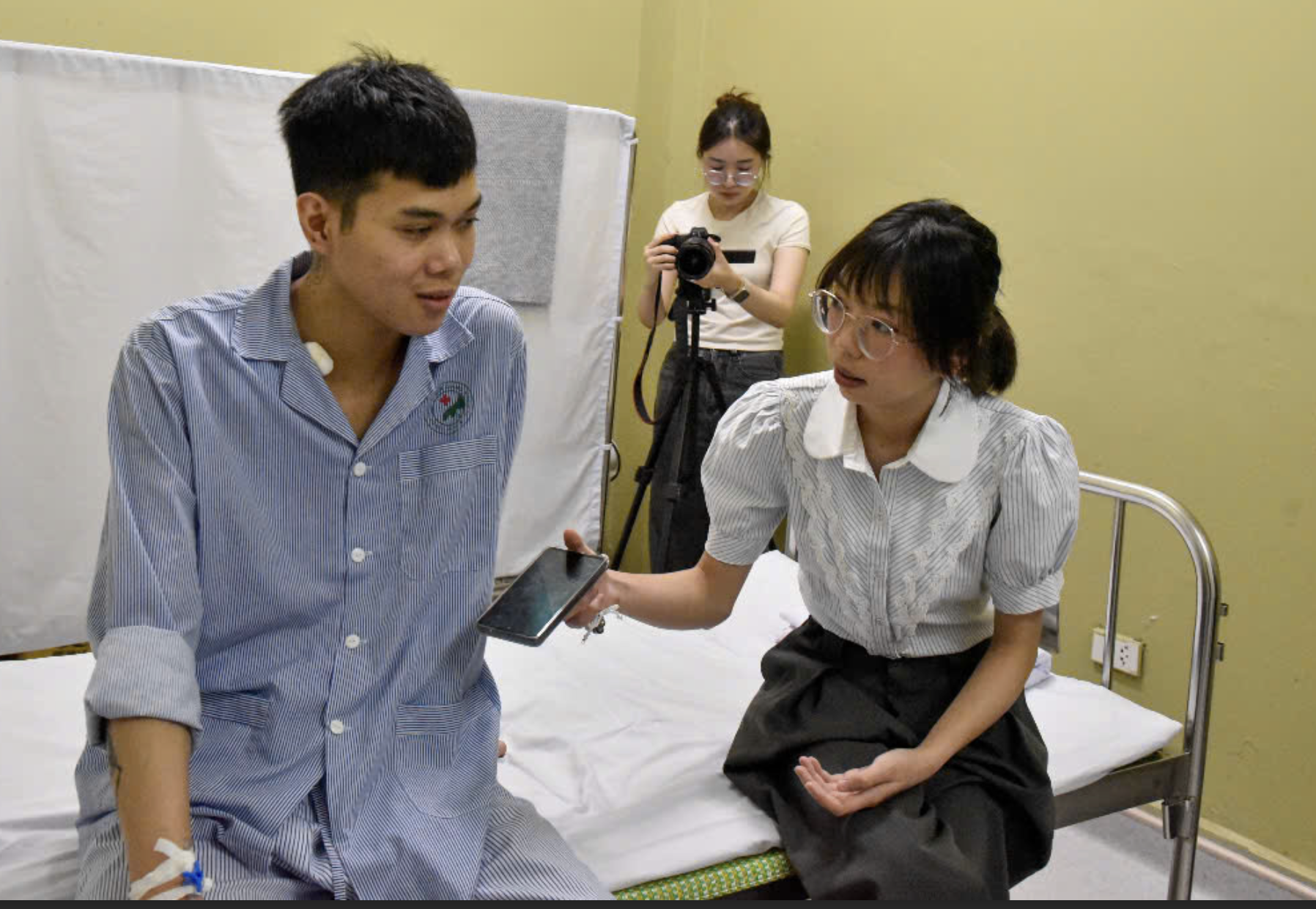
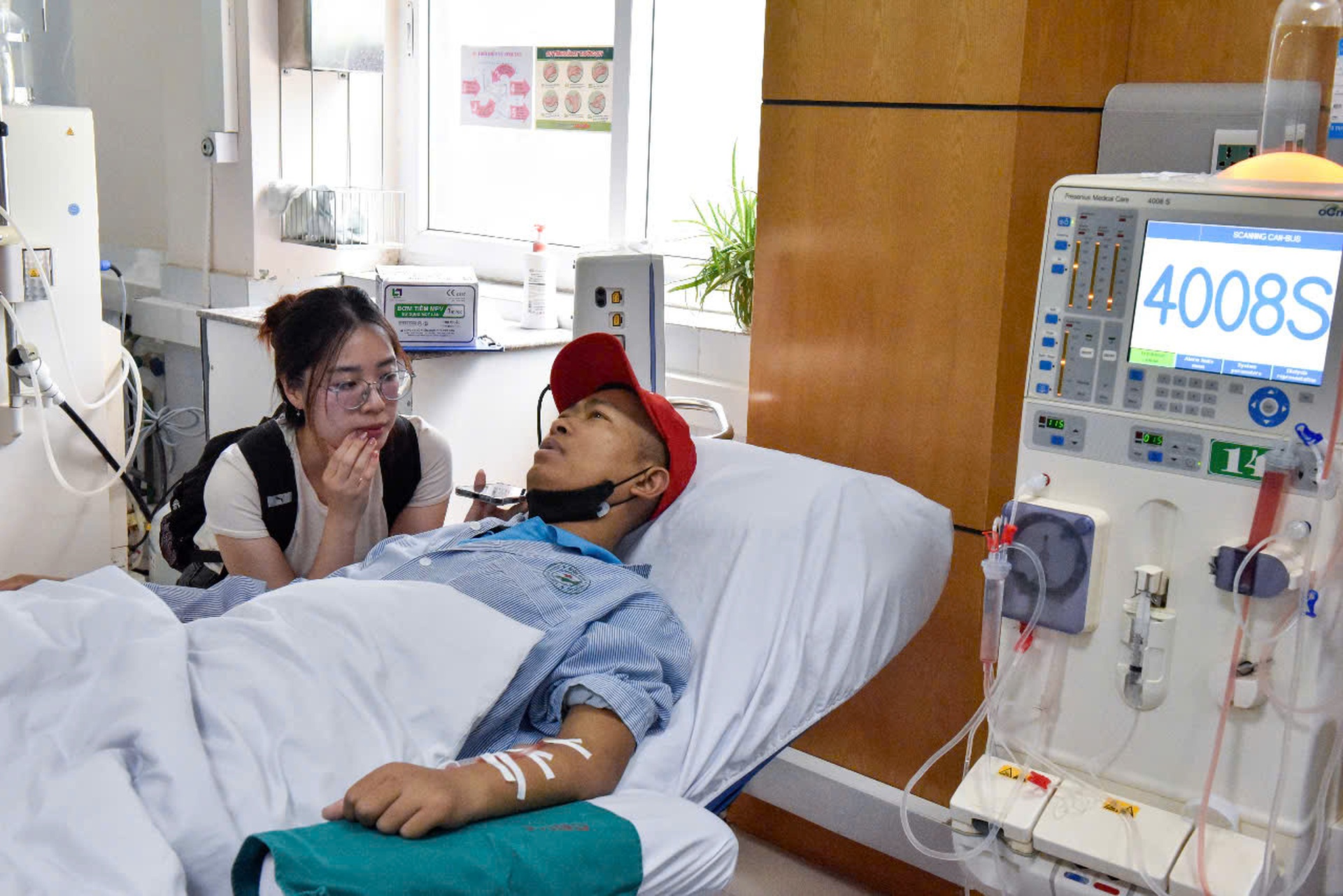
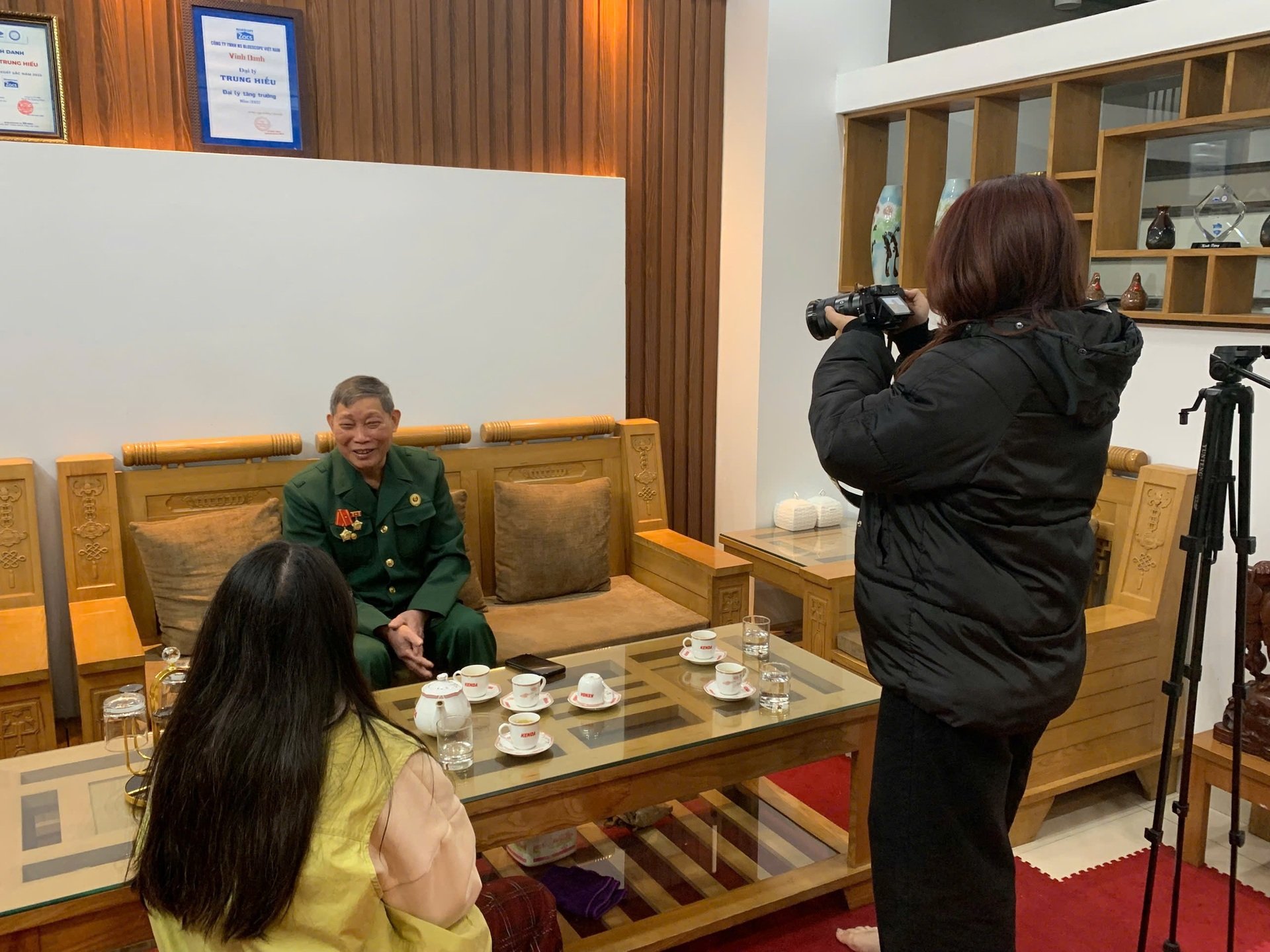
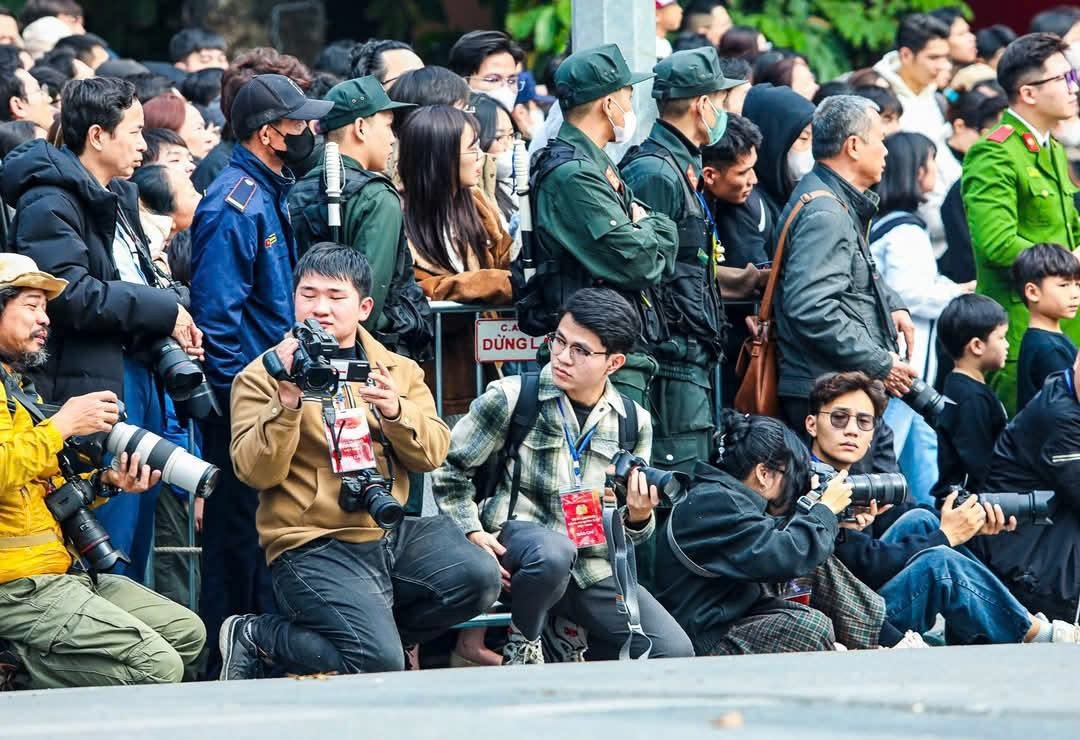
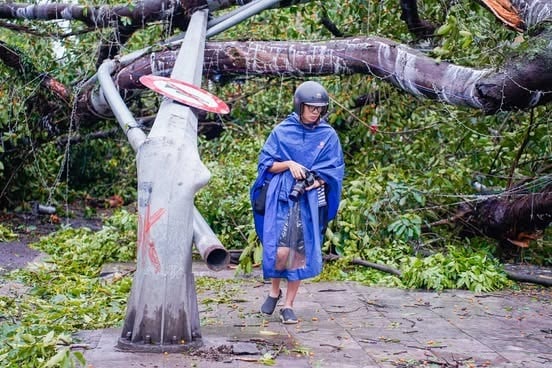

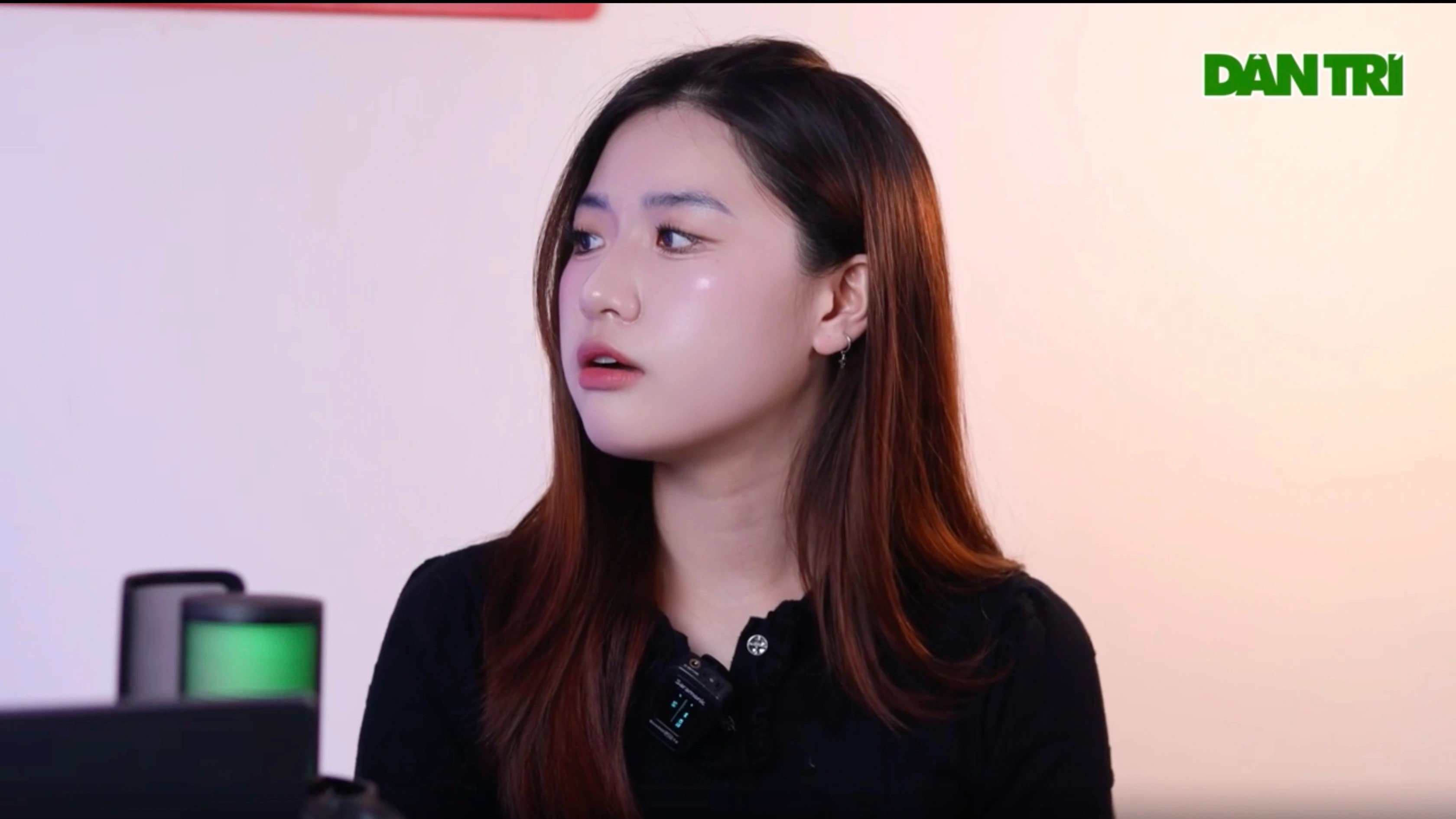
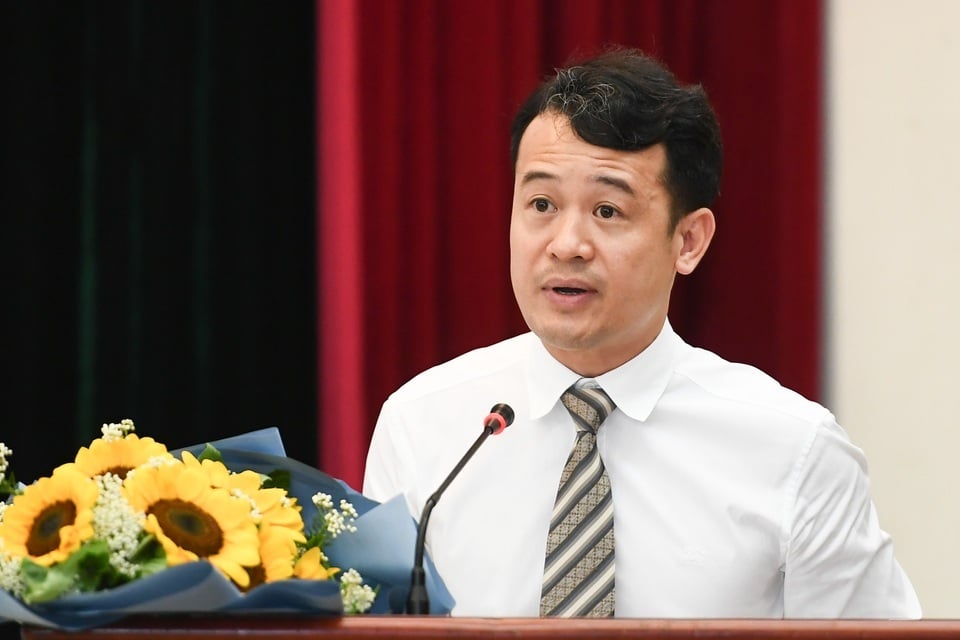
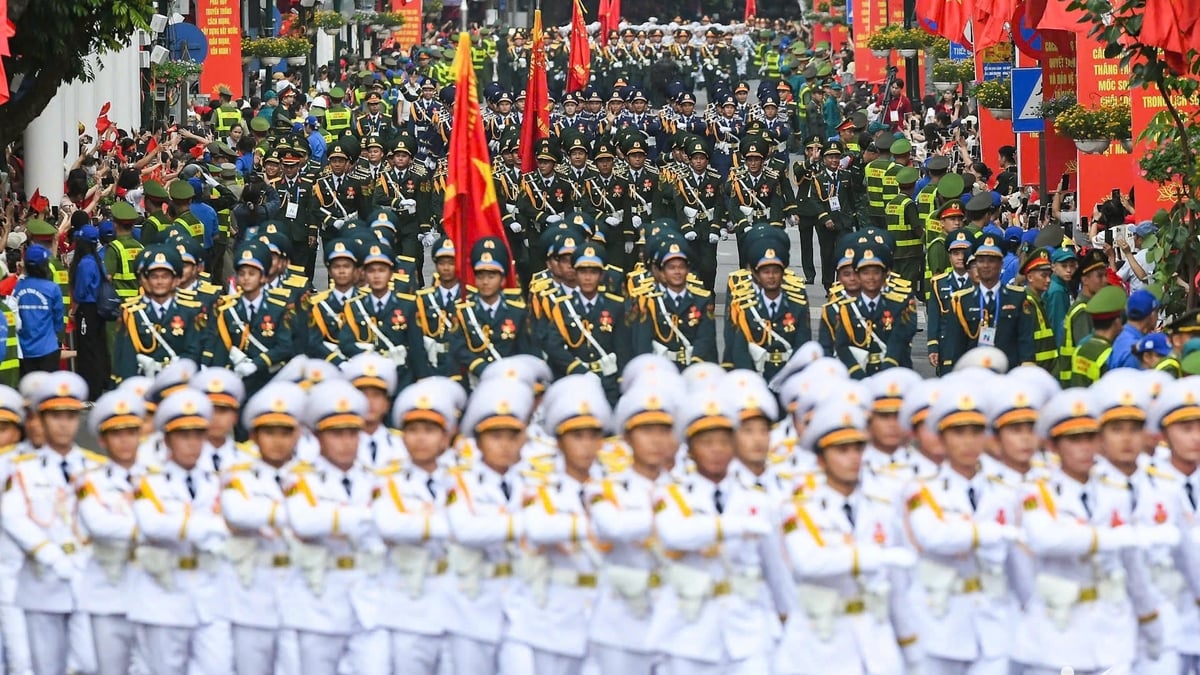
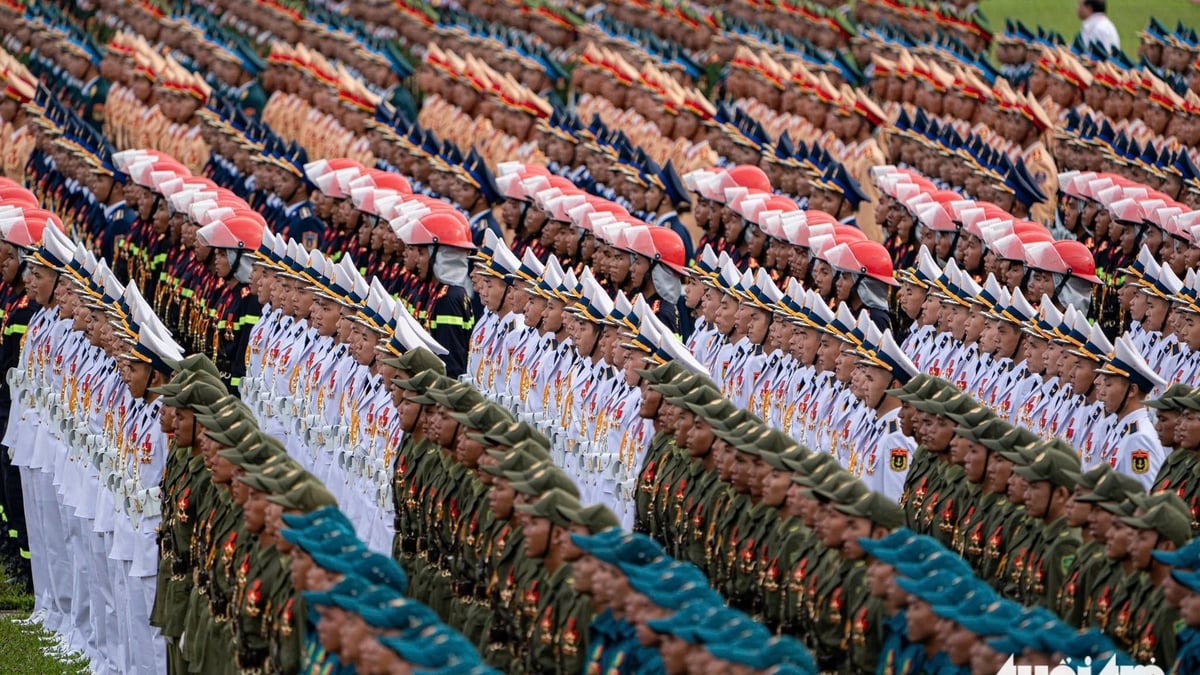
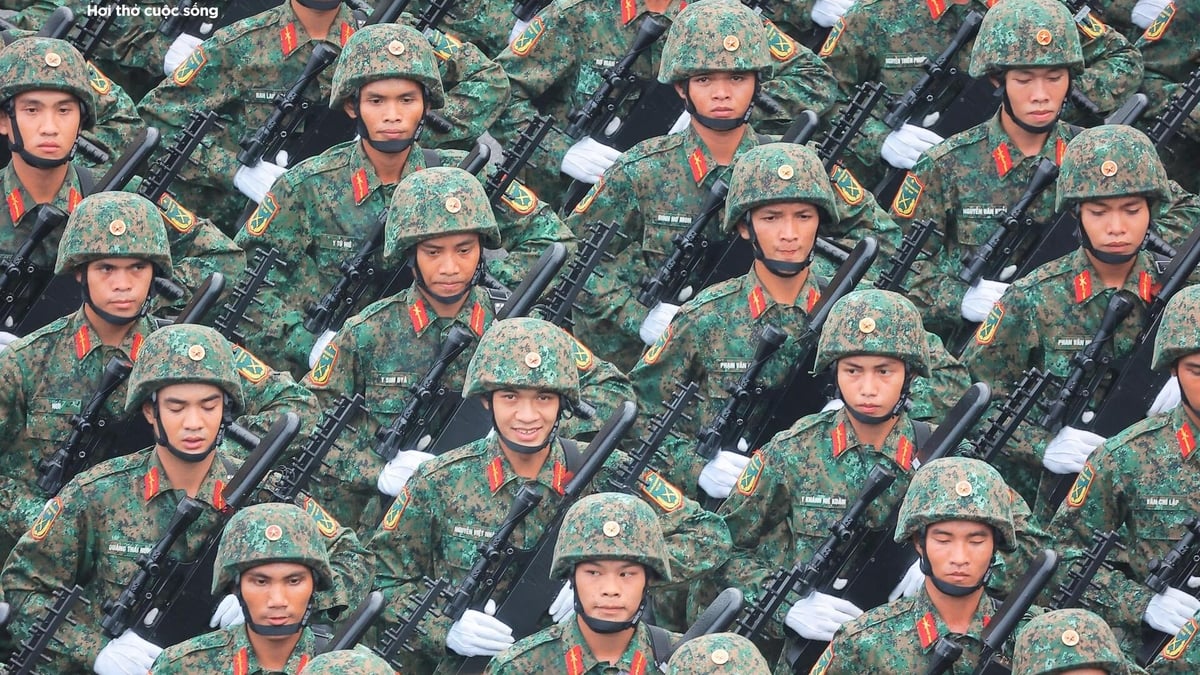
![[Photo] People eagerly lined up to receive special publications of Nhan Dan Newspaper](https://vphoto.vietnam.vn/thumb/1200x675/vietnam/resource/IMAGE/2025/8/30/53437c4c70834dacab351b96e943ec5c)
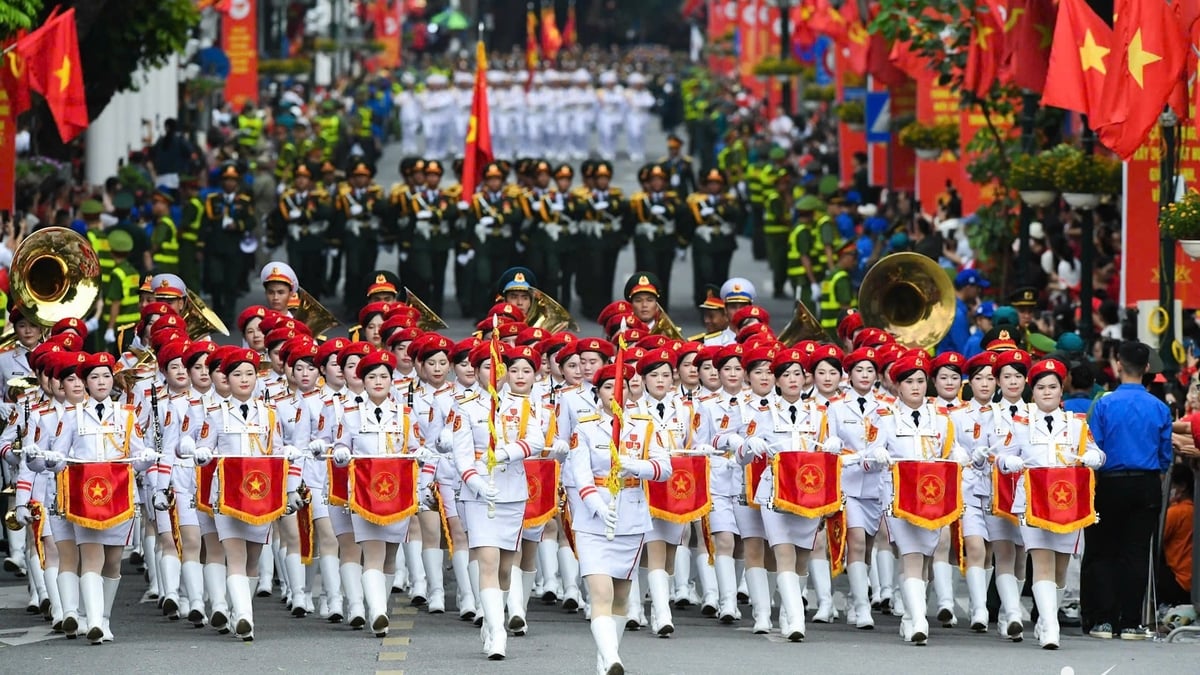
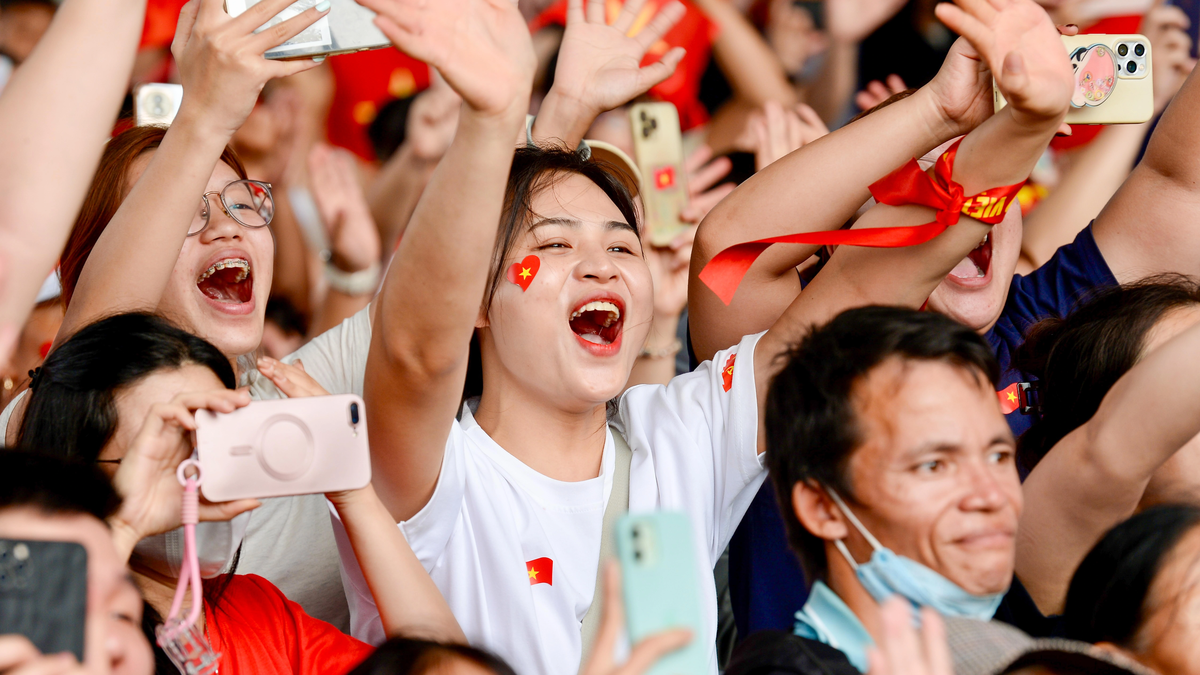




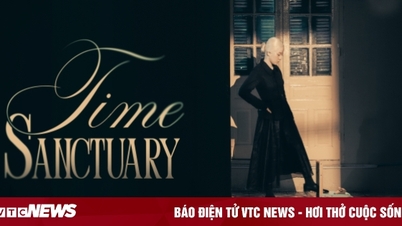




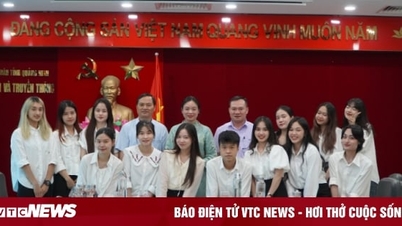














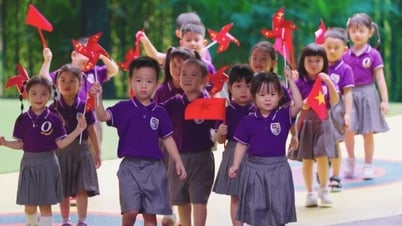

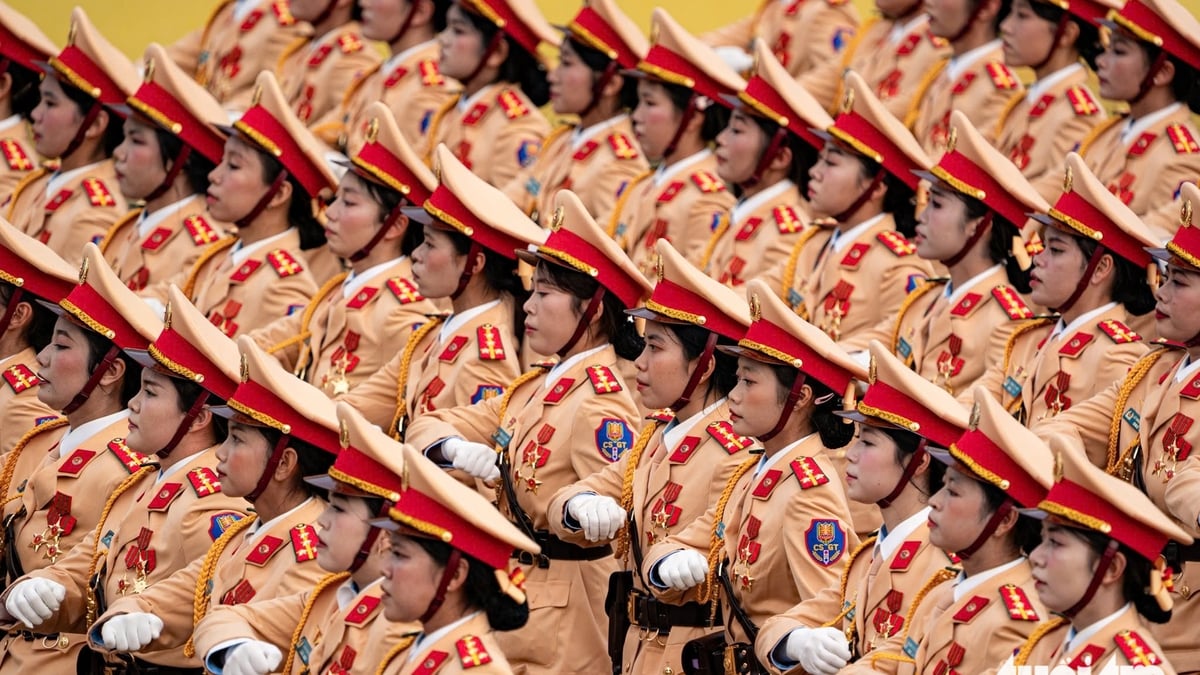
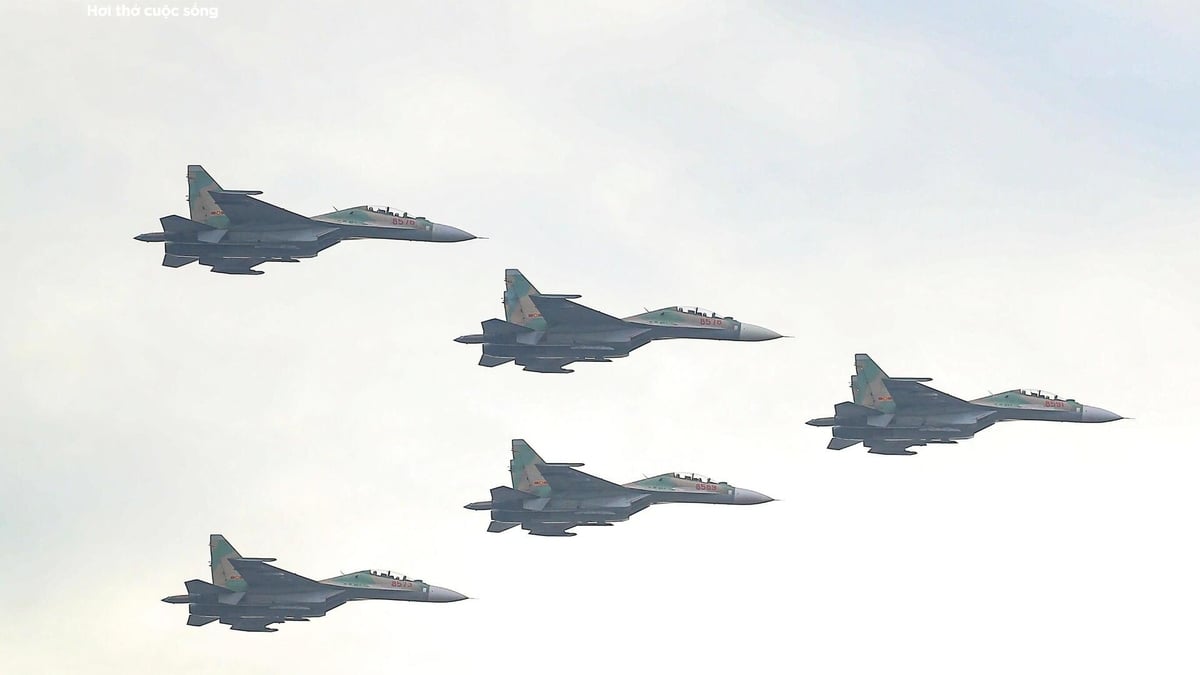
















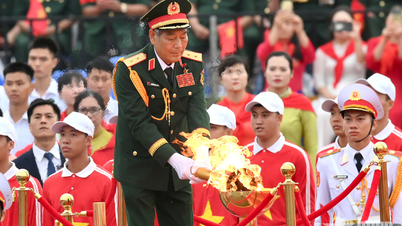



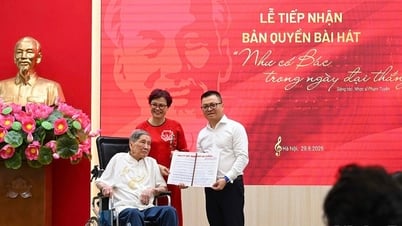
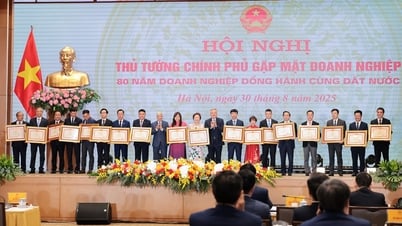











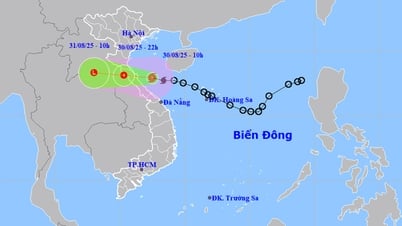


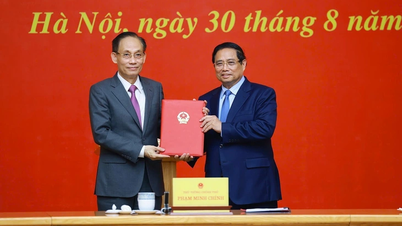


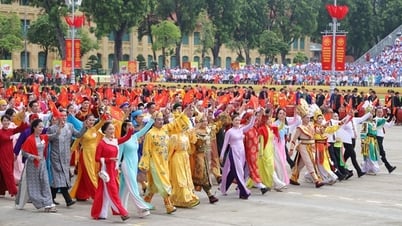


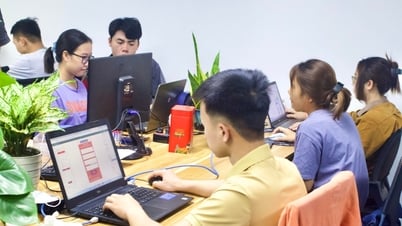
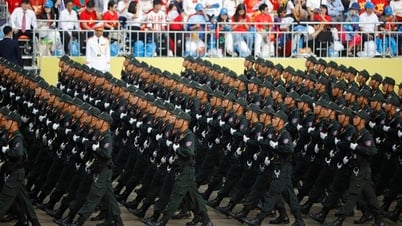


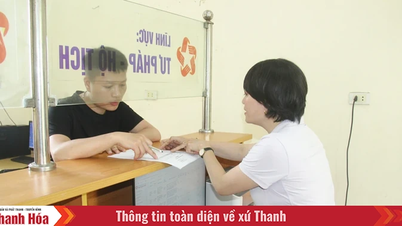









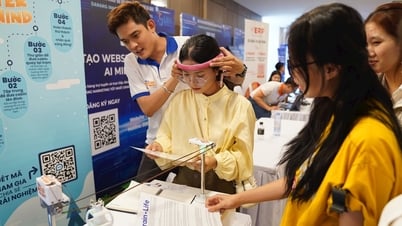








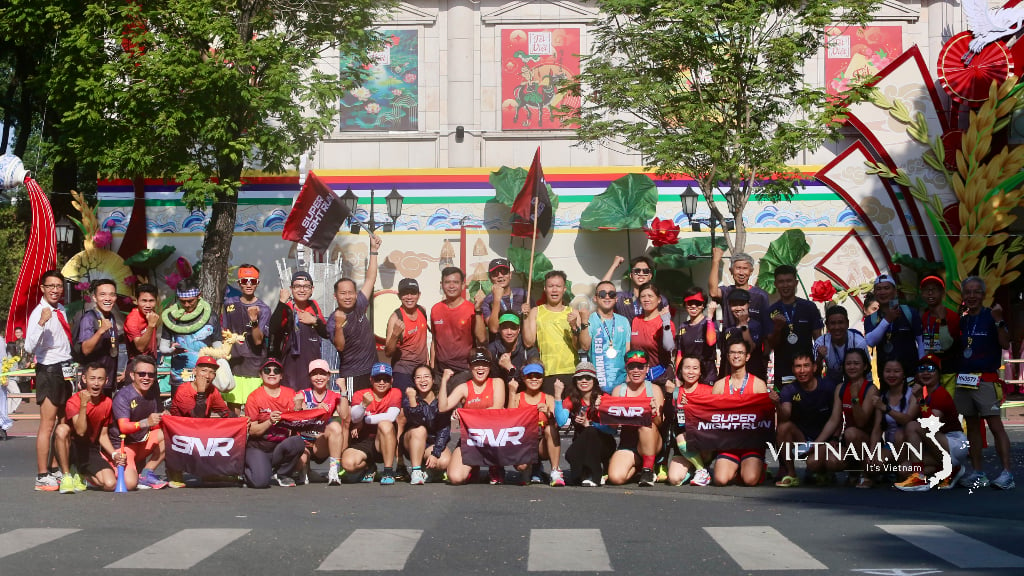


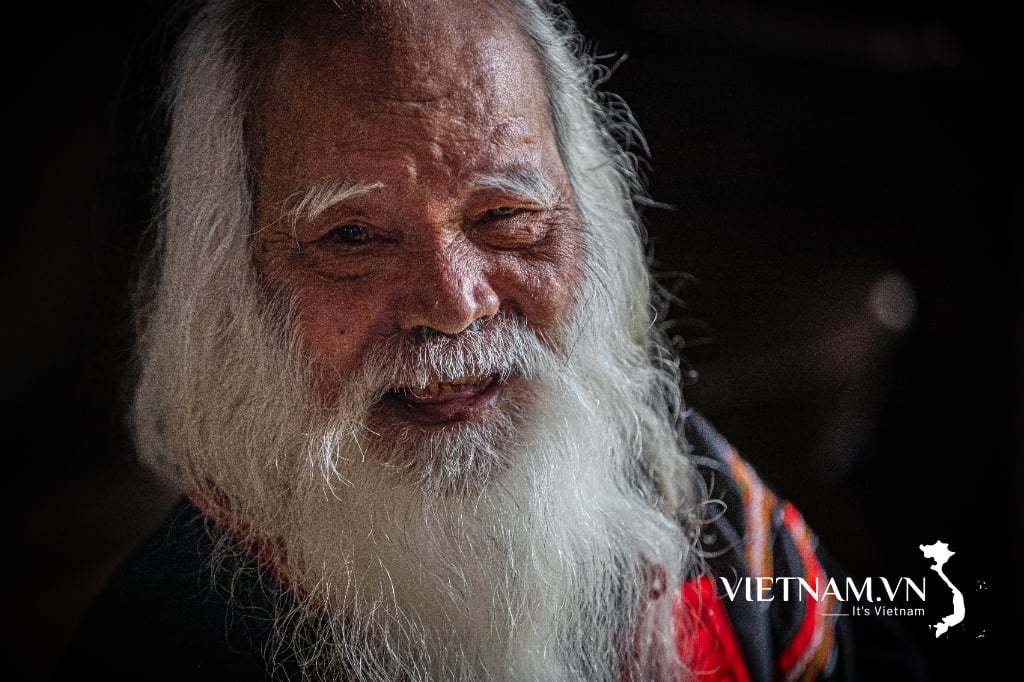
Comment (0)